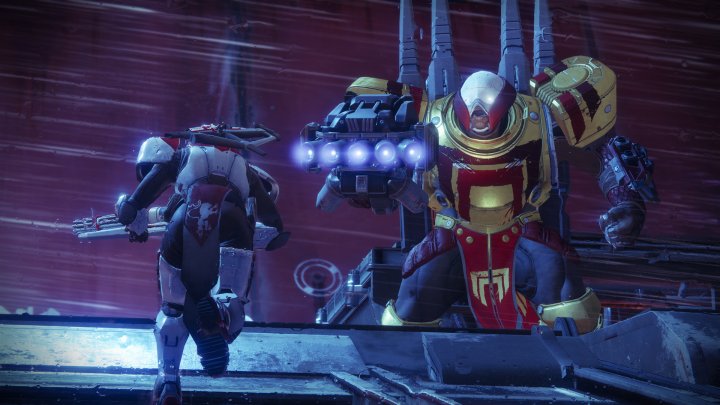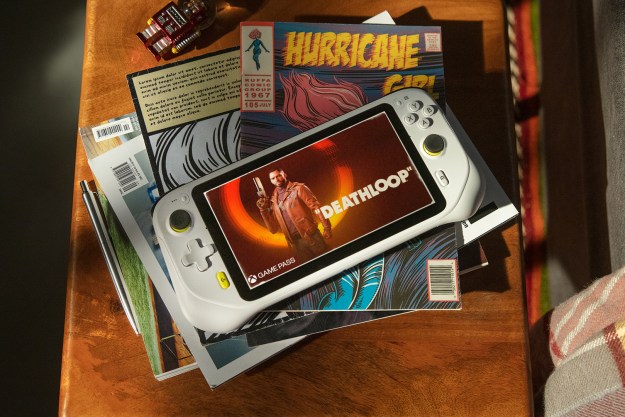
Filed in 2015, but awarded this month, the patent protects a “system and method for driving microtransactions in multiplayer video games.” It discusses methods for encouraging players to pay for in-game items to increase their chances of success. Such methods could involve matching players in a manner that suggests they need to pay to catch up to their opposition or that highlights the differences in equipment to showcase what kind of loadout a player ‘should’ have in order to be competitive.
The system wouldn’t just use the stick of unfair matchmaking, but also offer a carrot for those who did pay for in-game items. As Rolling Stone describes, if a player makes a suggested purchase, their next game may be matched in a different way to make the use of the in-game item appear effective, indirectly validating their purchase.
“Doing so may enhance a level of enjoyment by the player for the game-related purchase, which may encourage future purchases,” the patent reads. “For example, if the player purchased a particular weapon, the microtransaction engine may match the player in a gameplay session in which the particular weapon is highly effective, giving the player an impression that the particular weapon was a good purchase. This may encourage the player to make future purchases to achieve similar gameplay results.”
The patent also suggests that when in-game marketing and encouragement for purchases does not work, it could change tack and offer different in-game items to try and find something that the player might be interested in.
“[If the] first player did not purchase the in-game item, the player profile may be updated to reflect such non-purchase so that future targeted marketing of in-game items and other game-related purchases may be adjusted based on what has not been successful at enticing a given player to make a game-related purchase,” the patent said.
Exploitative money making tactics in game development are a hotbed of discussion in gaming at the moment. Loot chests and whether or not they constitute gambling are the latest talking point, but Activision’s proposed system is likely to draw its fair share of ire, too.
Activision has made a public statement to confirm that it has not implemented any of the described microtransaction systems into its games at this time. Bungie also confirmed that these systems are not used in Destiny 2.
Editors' Recommendations
- You don’t want to miss PS Plus’ great free game lineup this May
- If Skull and Bones has you hungry for a better pirate game, try this one
- The video game industry has laid off thousands this year. Here’s what that means for you
- If you want more Five Nights at Freddy’s, try these 5 horror games next
- This gaming chair has a unique way to keep you cool while gaming




